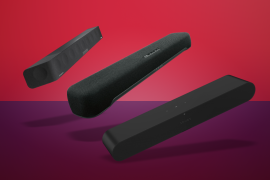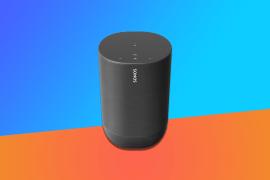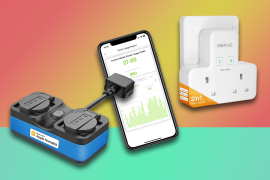6 things Apple’s Siri Speaker needs to do to beat the Amazon Echo
We make a wishlist for Apple's imminent Echo rival...
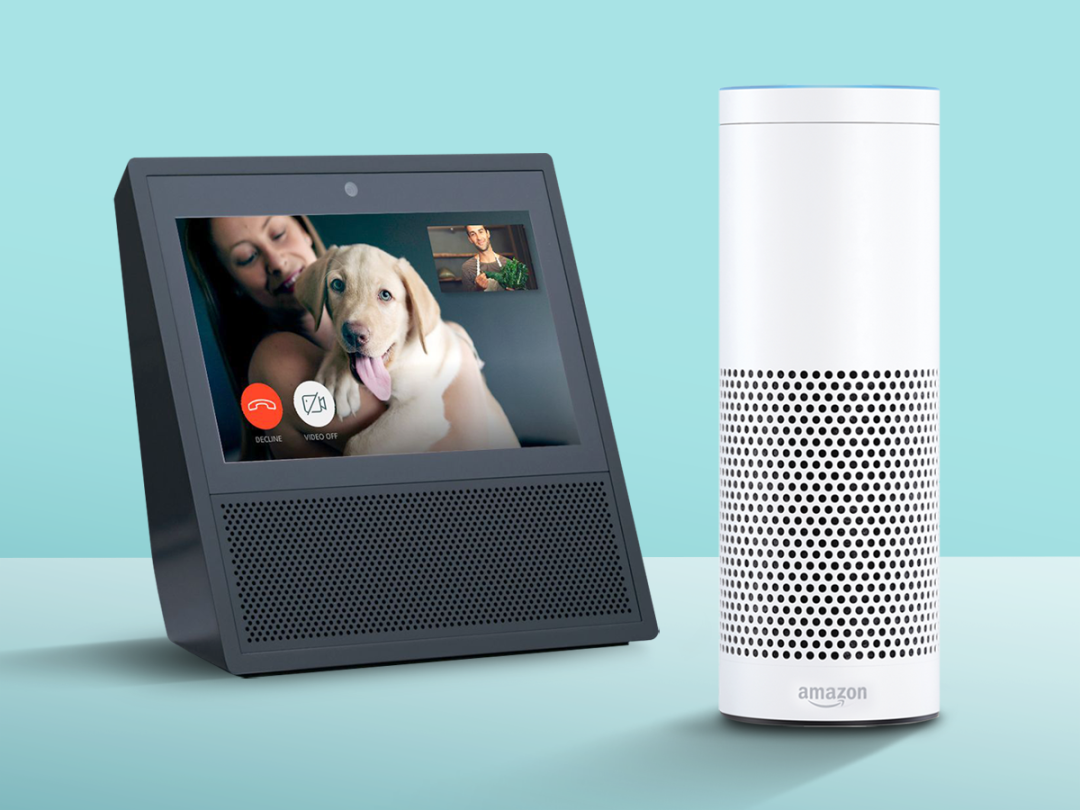
At this stage, Amazon’s Alexa is so far ahead in the AI assistant game, it’s basically Beyonce to Google Assistant’s Kelly and Apple Siri’s Michelle.
But if there’s one thing Apple has, it’s lots of money to throw at something to make it a success. And all the signs point to that something being a Siri-powered smart speaker to take on the Amazon Echo and Google’s fledgling Home.
Numerous patent filings have pointed to Apple working on a prototype for some time, and the latest rumours suggest an announcement could happen at Apple’s Worldwide Developers Conference, better known as WWDC, which takes place in San Jose from June 5–9, 2017.
How does Apple go about toppling Amazon from the top of the home automation tree? Here are six things it needs to do.
1) Out-design the competition
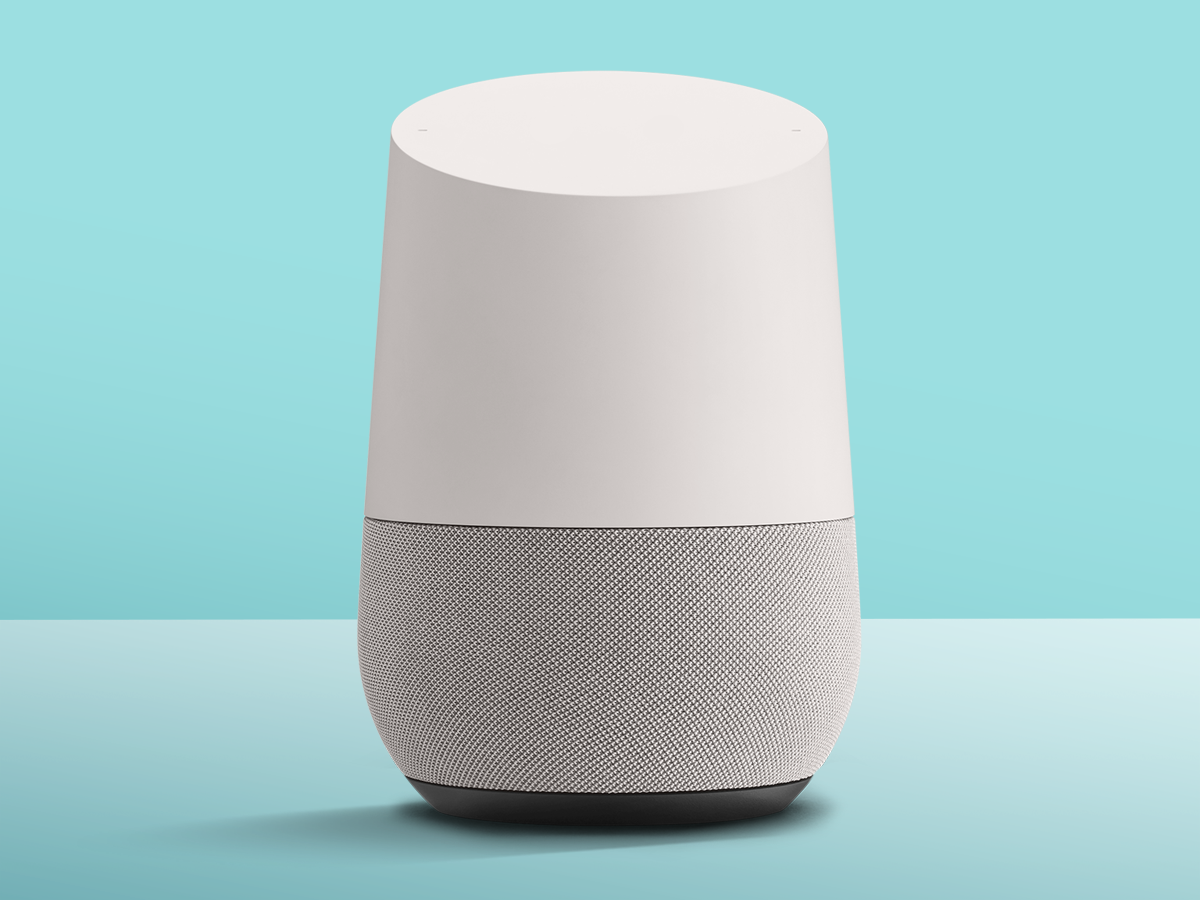
The Amazon Echo and Google Home are perfectly acceptable little home hubs, but they respectively look like a Bluetooth Speaker and an air freshener.
Apple’s specialist subject on Mastermind is still product design, and we’d love to see its minimalist flair applied to a stunning piece of home furniture. In other words, something a lot better than its ‘milk crate’ iPod Hi-Fi from 2006.
Could it be donut-shaped, like the company’s new Silicon Valley headquarters? Perhaps there’ll be a built-in screen to match the Amazon Echo Show? Or will it mirror the alluringly curvaceous form of the Mac Pro? Our money would be on the latter, but there’s no doubt Apple’s design has been hit-and-miss in recent years – so it’ll need to rediscover its best form to trump the more established Echo and Home.
2) Make some Siri-ous improvements
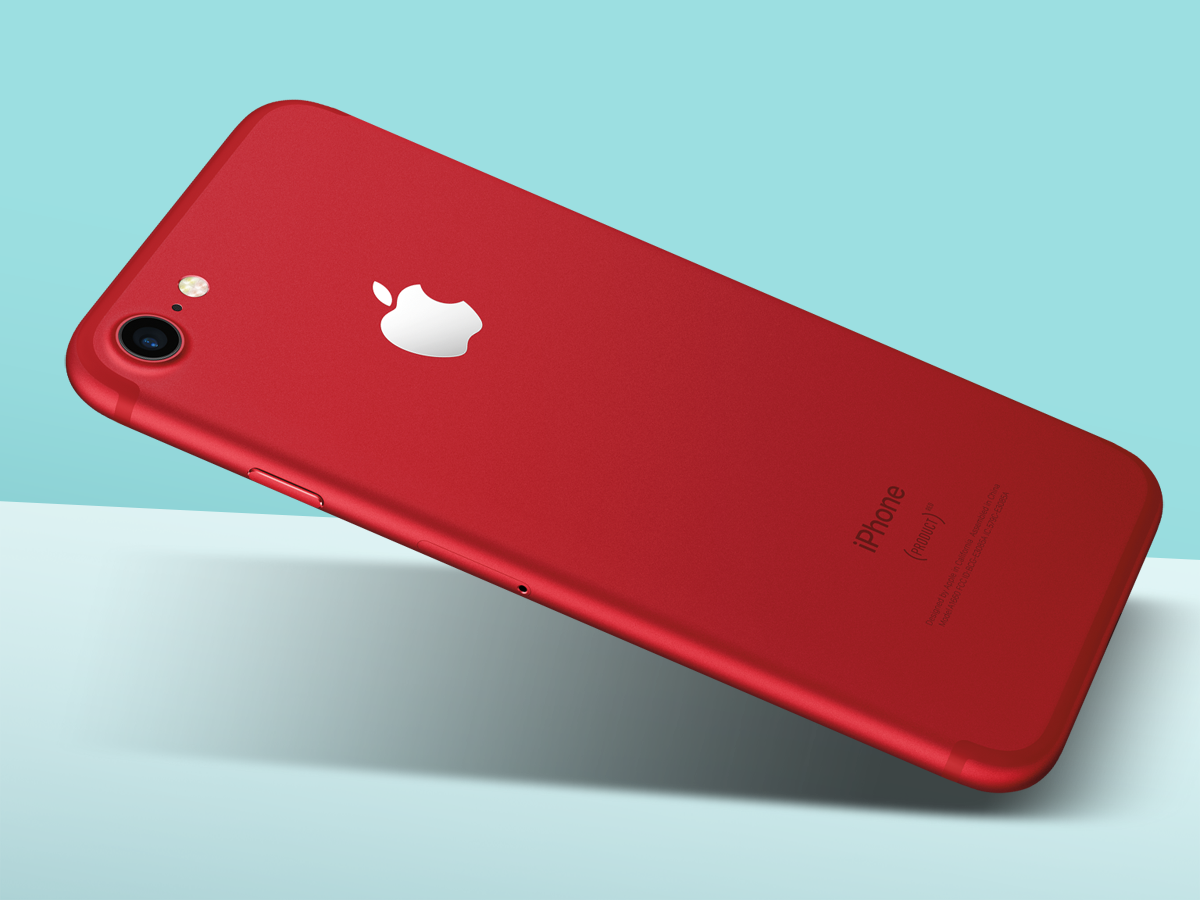
It’s easy to forget how far Apple’s Siri was ahead of the voice assistant game when it launched with the iPhone 4S in 2011. Back then, being able to ask your phone for the weather was a neat trick, even if it did still embarrassingly start playing Chris Rea’s ‘Auberge’ when you asked it for moussaka ingredients.
These days, Google and Amazon have both leapfrogged Apple, and Siri lags behind the competition both in terms of voice recognition and the things it can do. Apple needs to give Siri a major update, and there’s every reason to expect it will – the iPhone 8 will benefit from a revamped voice assistant in iOS 11, and Apple recently made some interesting bespoke Siri content for the Apple Watch.
Voice assistants are shaping up to be the new capacitive touchscreens, so a Siri Speaker will need to do more than just play catch up to its rivals.
3) Work seamlessly with HomeKit
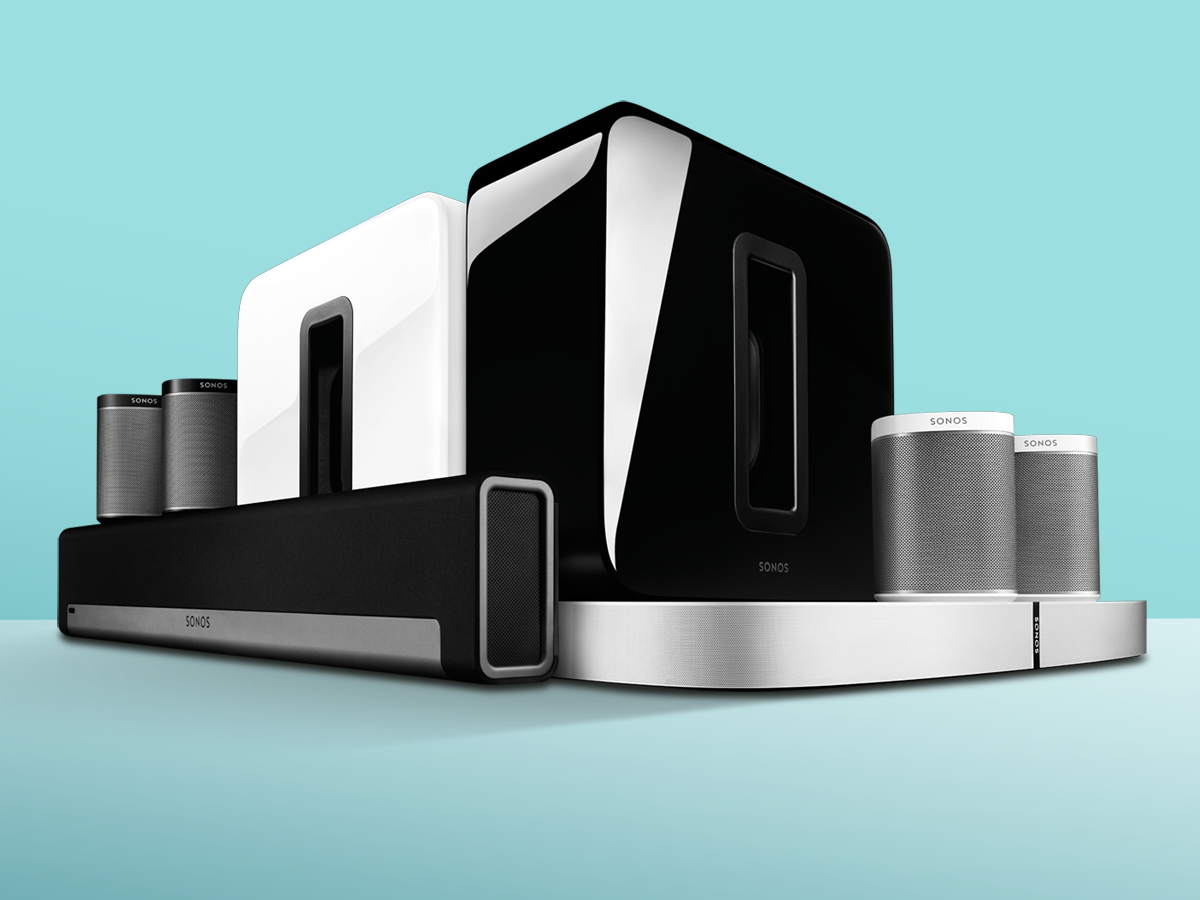
Some of our favourite Alexa tricks are asking her to turn up the heating, switch off lights, and voice control our home entertainment system. It’s harder to do the same on the iPhone because HomeKit is still lacking wide support – for example, none of our smart home gear from Sonos, Hive or Logitech Harmony works with HomeKit.
Apple needs to get this interconnectivity sorted if it’s launching a smart speaker of its own. The Amazon approach, where manufacturers build an Alexa app or "skill", works well. The HomeKit method, meanwhile, sees Apple force certain standards on manufacturers to meet before they ship their product. Apple needs to start working with a wider selection of companies to make sure they work with the Siri Speaker at launch.
4) Arrive with an affordable sibling
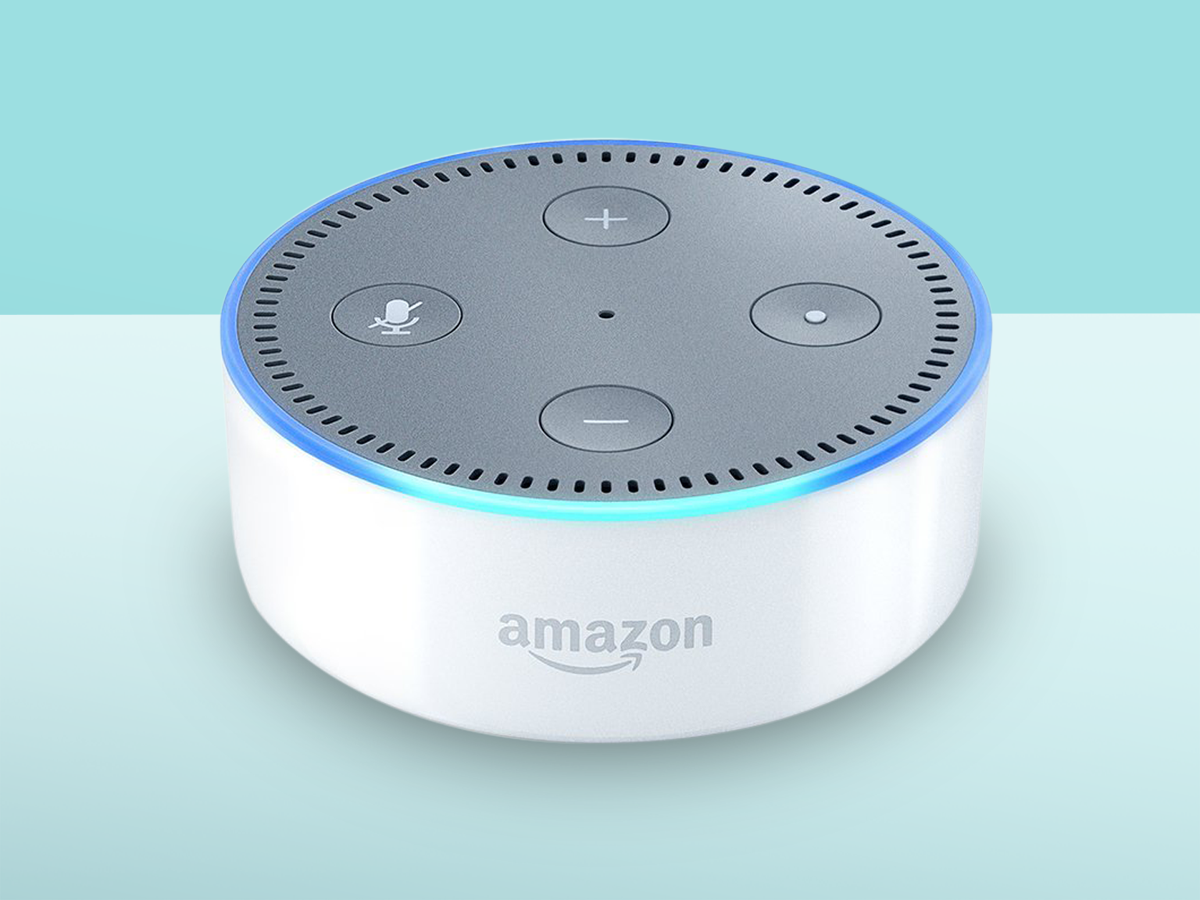
Amazon’s Echo Dot is now just £45. And while Google’s Home is £129, its Assistant is infiltrating cheaper devices like the Nvidia Spot.
Apple would do well to offer a couple of Siri speaker options — one premium offering for those who want to use it to play music, and another for those who just want to use it as a way to interact with their smart home.
Of course, the Apple advantage is that nearly every device it currently sells is both web-connected and has a microphone and speaker, so any improvements made to Siri for a dedicated speaker could also roll out to iPhones, iPads, Apple TVs and Macs. With Apple traditionally reluctant to take the entry-level route, this could be its solution to the ubiquity conudrum.
5) Delve deeper into your life
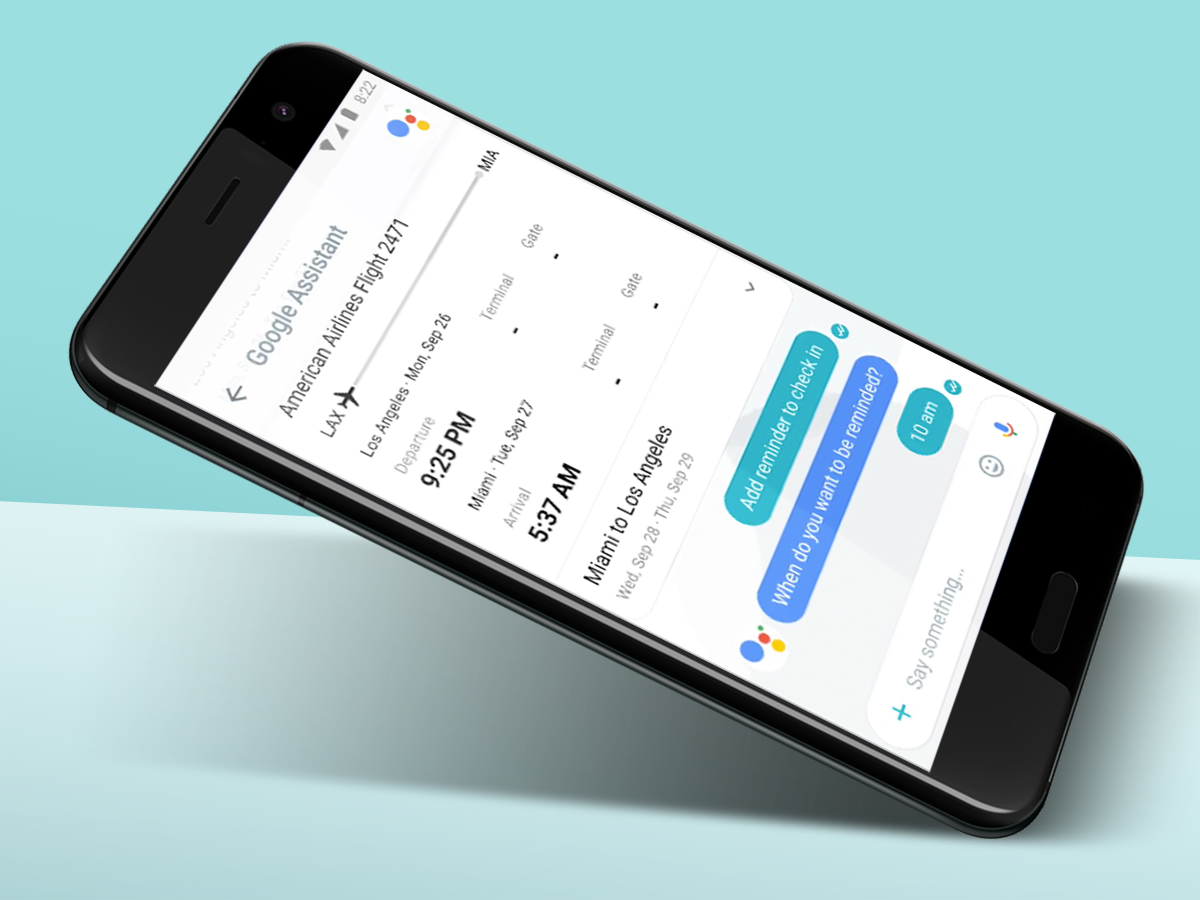
One thing Google does better than Apple is figuring out what you’re doing and providing you with context-sensitive information. For example, letting you know something you ordered is going to be delivered soon, or that your flight is running late, or that traffic is going to affect your journey.
Apple’s Siri does some of this stuff, but not nearly as intelligently or comprehensively. Siri needs deeper links into your email and calendar (with users’ permission, of course) in order to start accessing that data, and then a better AI to make sense of the information.
6) Widen its musical tastes

OK, based on Apple’s previous form of locking you into its own services, this might be a stretch, but we hope the Siri Speaker plays nicely with more than just Apple Music.
The Amazon Echo and Google Home both let you choose Spotify as the default player to respond to your "Play me some Iron Maiden" request, rather than just tying you to Amazon Music or Google Music.
Apple is likely to pair exclusively with Apple Music for its Siri Speaker, but we’d love to see more services offered, or at least connections to other speakers like Sonos — a feature we’ve been waiting for from the Amazon Echo for months.

